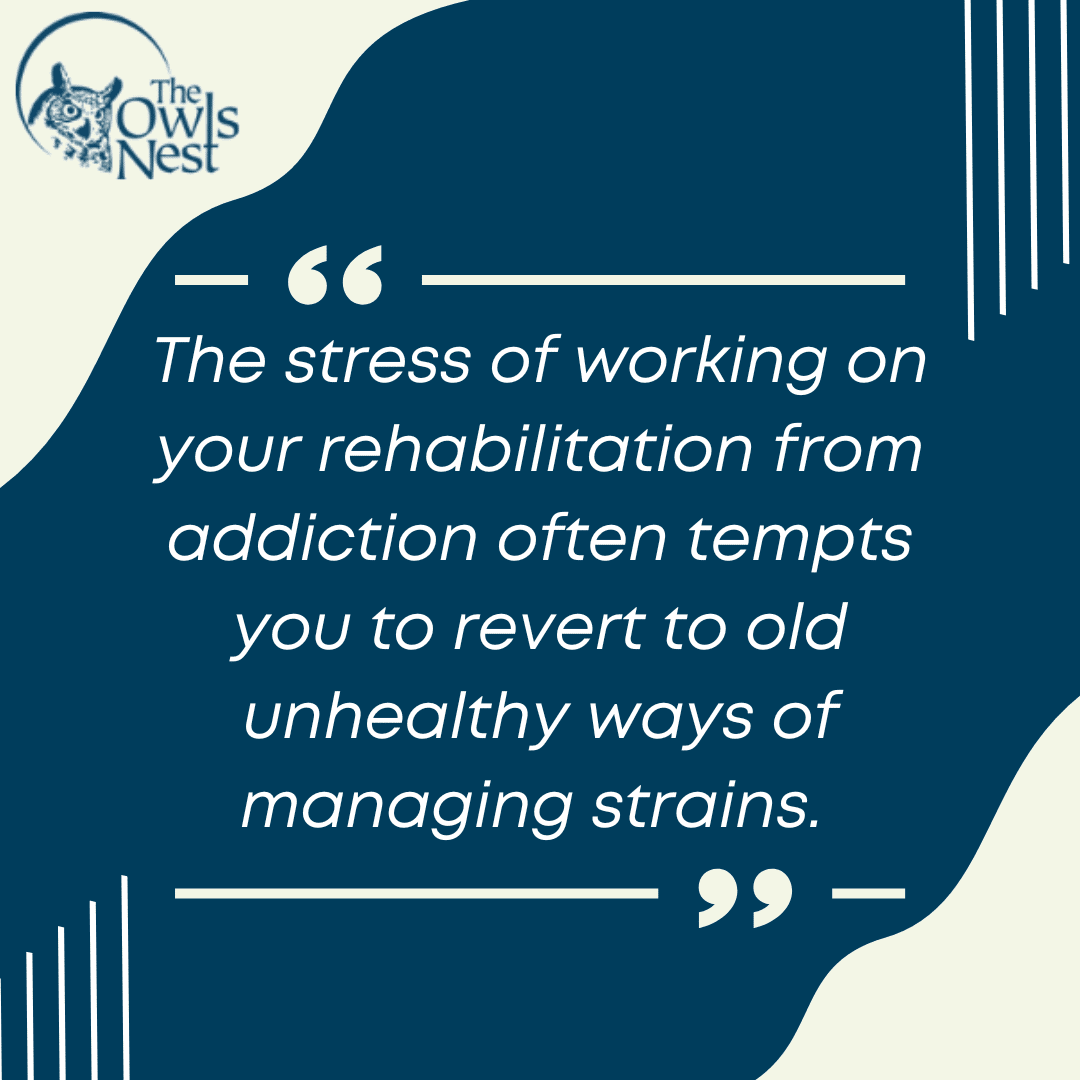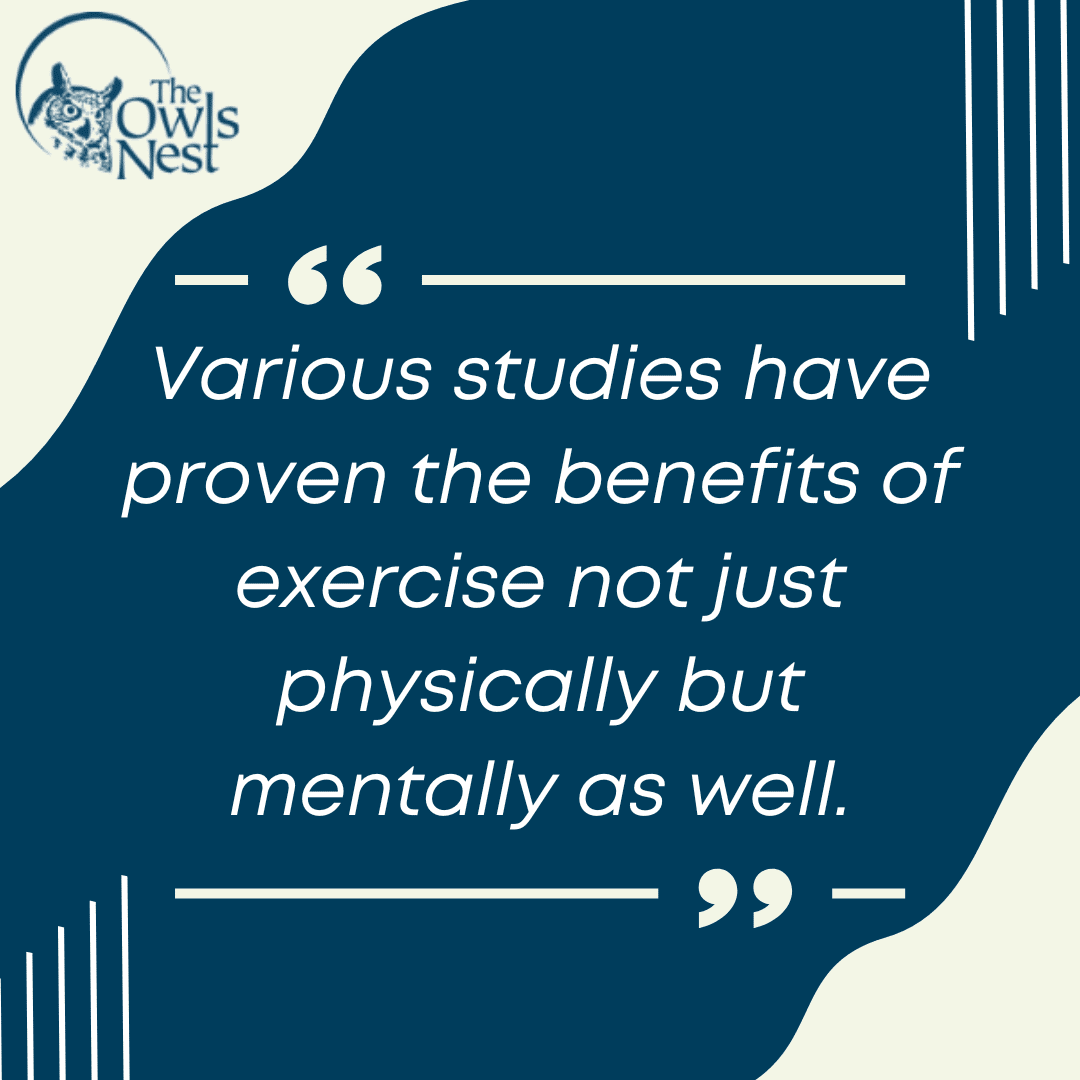Addiction, more often than not, takes over a person’s life. It is characterized by not having control over doing or using something to the point where it harms the person and the people close to them. Taking the first step by seeking medical attention for addiction is an amazing leap, but recovery can be challenging.
Everyone’s healing is different but can be filled with uncertainty and isolation. The stress of working on your rehabilitation from addiction often tempts you to revert to old unhealthy ways of managing strains. Thus, learning and finding new ways of coping with addiction becomes paramount in pushing through your recovery process and maintaining sobriety.
Today’s article highlights these coping strategies that can assist in managing the pressure and stress of addiction treatments.

10 Healthy Coping Mechanisms For Addiction Treatment
We use our coping strategies to shield ourselves from pressure, anxiety, trauma, or other stressors. They can be anything: developing new routines, computer games, and substance use. Often, these behaviors aim to escape the unsavory situations or experiences we are in. This is the same with coping with substance use disorder or addiction.
Recovery from substance use disorder and other mental health problems creates a different set of stress, leading to patients developing healthy and unhealthy ways to cope with addiction. The unhealthy coping strategies, if not addressed properly, can feed into the stress-addiction-stress chain. This can mean that the stress of addiction treatments can cause you to revert to substance use or relapse, creating a harmful cycle.
Ideally, any coping behavior we do or develop should not cause any harm. Instead, they should lead to the problem at hand being resolved in the least amount of stress and harm possible. Here are ten healthy strategies to help in coping with addiction.

-
Pause
When something stresses you out, pause. Take a moment, breath, and clear your head. Clearing your mind before reacting prevents rushed decisions that are often irrational or harmful to you.
-
Take Care Of Yourself
Self-care sounds like a fancy word that often brings to mind splurging on things like expensive food, luxurious body, and skin care products, etc. Although these are also good, taking care of yourself sometimes is about the fundamental things like eating a nutritious meal, getting enough sleep, and resting when you feel tired. Going back to the basics is often what our body needs during recovery.
-
Keep Busy
During active addiction, significant portions of a patient’s time are spent seeking and using substances. These chunks of time will be open and ‘unused’ during recovery, and they should be replaced with activities that will be helpful for a person’s healing and rehabilitation. These can include learning new skills, returning to favorite hobbies, spending time with positive support networks, etc. Keeping busy helps a patient in recovery take their mind off potential triggers.
-
Exercise
Various studies have proven the benefits of exercise not just physically but mentally as well. Apart from the physical effects such as better balance, higher energy levels, better sleep, etc., exercise releases endorphins that stabilize our moods, reduce our stress levels, and improve our overall wellness. Thus, exercise is considered by the Anxiety and Depression Association of America as an optimal coping mechanism.

-
Practice Mindfulness
Mindfulness activities like yoga, meditation, centering, and breathing exercises are useful coping strategies that help in self-awareness and self-reflection, making the mind and body more in tune. These mindfulness practices help calm tensions and aid in working through difficult thoughts and feelings. Patients can objectively observe their emotions, thoughts, and experiences without judgment and negativity by focusing on the present moment.
-
Have Conversations
Conversations with people you trust are one of the simplest but effective ways to unburden yourself. Talking about your worries and concerns with another person can help you put things in perspective. Your trusted person may also provide ideas and solutions you haven’t considered before. You can also write your thoughts down in a journal, which helps you process your thoughts and feelings.
-
Build Healthy Networks
We are built for connecting with others, and recovery can sometimes feel lonely and isolating. Thus, being surrounded by people who are supportive of your recovery will greatly help in your healing and rehabilitation. If necessary, be open and build a sober network of people who inspire and encourage you to be the better version of yourself.

-
Seek Support
Knowing when and how to seek support will always be a critical coping mentality in treatment for addiction recovery. If you are struggling with stress or negative thoughts and emotions, ask for help. Speak to a family member or friend, or talk to your doctor or counselor. Help is available if we reach out, and there are specially trained individuals who can help you work through complex thoughts and negative emotions and address them appropriately.
-
Give Space For Downtime And Recreation
Schedule a regular downtime to connect with friends, family, and yourself. Revisit your interests, explore your faith or spirituality, create art, be in nature, etc. Giving space for yourself to connect to yourself, the people around you, your environment, and even a higher power help build that inner strength that will help you manage and navigate difficult situations during and after your rehabilitation.
-
Pay It Forward
There is nothing quite like practicing gratitude and paying it forward. It is one of the best skills to develop and cope with addiction. Remembering those who are also struggling and those who support you and paying it forward through volunteering and mentoring others creates a positive cycle of gratitude while reversing channels of negativity.
Get The Best Addiction Treatment Help in Florence, South Carolina
The road to wellness and recovery is not always linear and easy. However, the journey can be more accessible and lighter with the right strategies to help cope with addiction better and healthier. The Owl’s Nest offers evidence-based practices and a dynamic approach to recovery from substance use disorder and other mental health problems.
Complete recovery from addiction begins with your first step. Contact us at (843) 755-6354 or fill out our appointment form to get started. You can also reach us via email at intake@owlsnestrecovery.com.
Help is available here at The Owl’s Nest.

Comments